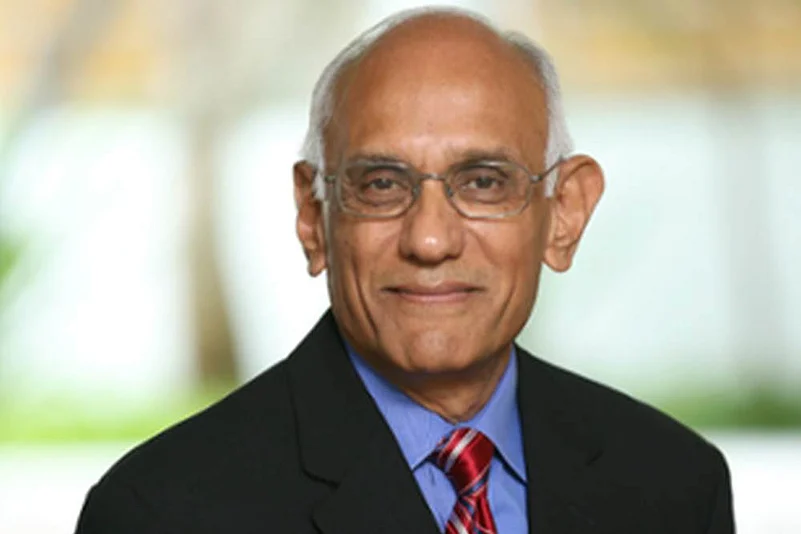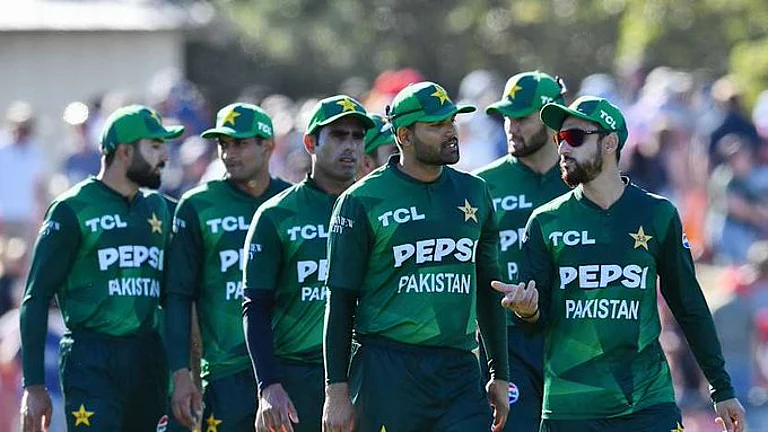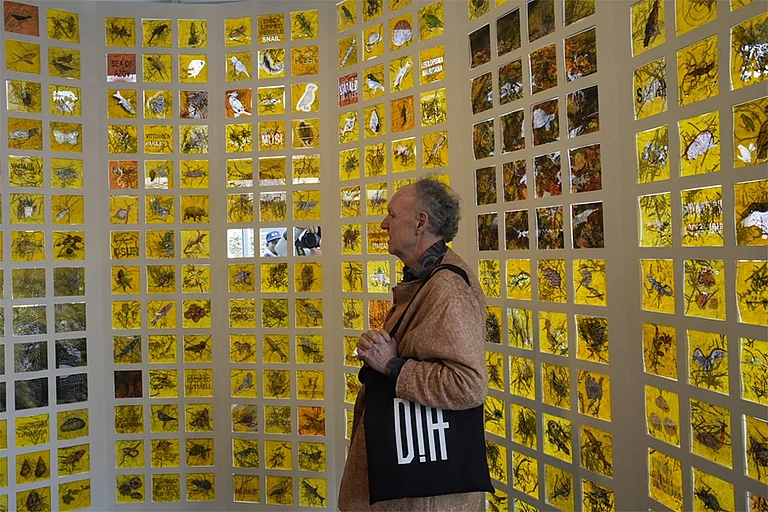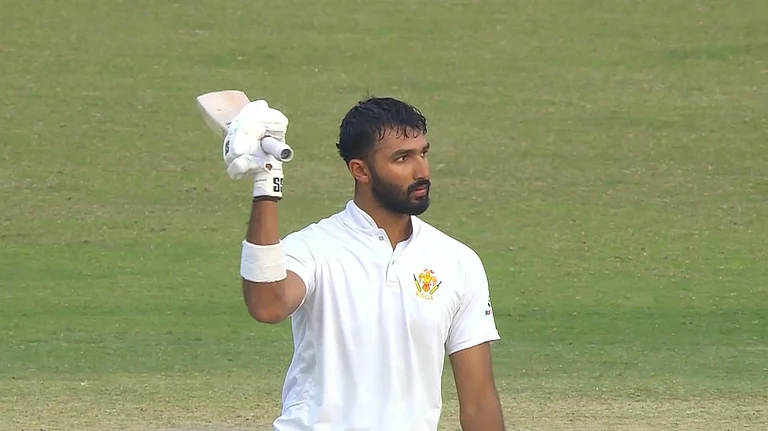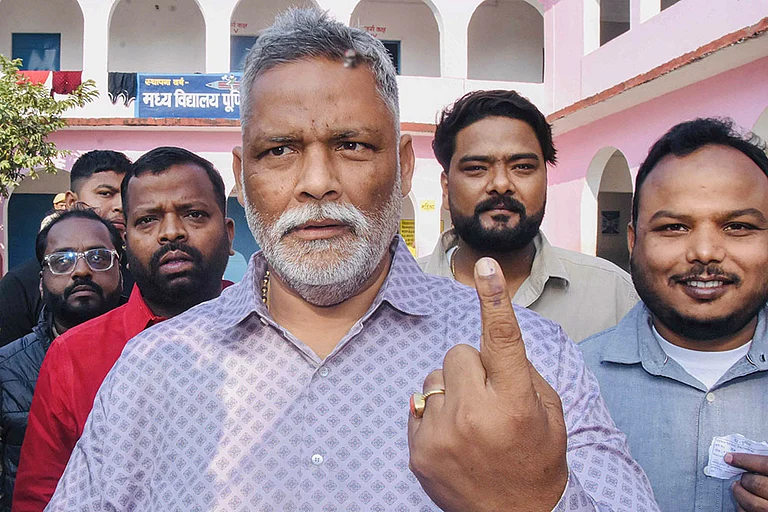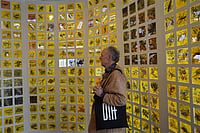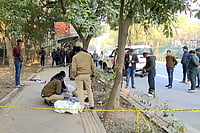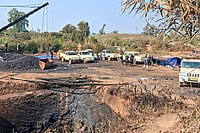Dr. A. Parasuraman is a James W. McLamore Chair in Marketing, Professor, and Department Chair at the University of Miami, Florida. He is an expert on services marketing; service quality measurement and the role of technology in customer service and marketing management and strategy. He is widely known for his work on SERVQUAL, E-S-QUAL, and the Technology Readiness Index (TRI). He talks to Outlook’s Arindam Mukherjee on digitization in India, Make in India and what Indian management schools lack during his recent visit to India...
How do you see the recent moves by PM Modi in context of digitization and demonetisation?
Demonetisation was a difficult move to implement but the government has done it and has given a big push towards a cashless society which is a big step towards digitization. But more efforts are required towards digitization which is much more efficient and can be scaled up easily because there are distinct segments of society that have different inclination and proclivity to deal with technology. The mobile phone is a great enabler in this direction.
The other issue in this is the availability of internet access which is highly inadequate in India at present. There is a big need to shore up the infrastructure for this. Who will do this? While the private sector is doing its bit, the government will have to play a major role in creating infrastructure for internet and digitization.
One of the big moves by the government and PM Modi was the Make in India campaign. Do you think enough has been done about it and has it picked up especially in the eyes of foreign companies?
That is a great plan to implement but compared to China, India is still lagging behind, especially in manufacturing where the Make in India should ideally succeed. For FDI and manufacturing to happen in India, particularly by foreign companies, the Indian government has to give assurance that there would be infrastructure like ports, roads and communication for them. It is still far away from that.
Plus, the regulatory and bureaucratic system has to improve drastically. There is a perception abroad that India is bureaucratic and there are numerous hurdles in doing business. Mr. Modi is trying to remove them but a whole lot is yet to be done.
In case of Make in India we are talking of experience of investors in India. That experience has to be improved. In India’s case there is a huge difference between urban and rural infrastructure. China in contrast, is just amazing as far as infrastructure at all levels is concerned.
A lot is made about business and management education in India. Do you think it has achieved global standards especially in its approach?
Most of the Indian management schools are instructing based on traditional models. A more radical change in thinking is required. In technology, things are happening at a fast pace. Things like Artificial Intelligence will drastically change things and critical skills are required in the ability to think quickly about what needs to be done in a particular situation. That has to come directly from the education level. We need good managers in India who can think.. But unfortunately, this is where management education is lacking. We have to generate new knowledge through well-trained faculty. The approach towards management education has to change from what it is now towards a more technology oriented one.
So what should be done to change this mindset?
I have suggested the setting up of a centre for service excellence in India and have a management school like IMT as a guardian. This centre could facilitate industry-education collaboration, facilitate faculty research to develop new knowledge to harness new developments like Artificial Intelligence and disseminate knowledge to students to think in terms of these new digital and technological developments as well as the new approach to management. At the same time, the centre can also uplift customer experience. It could develop a Service Excellence Index which can be monitored every 6 months. We can then look at how they fared across verticals and give a comparative view.






